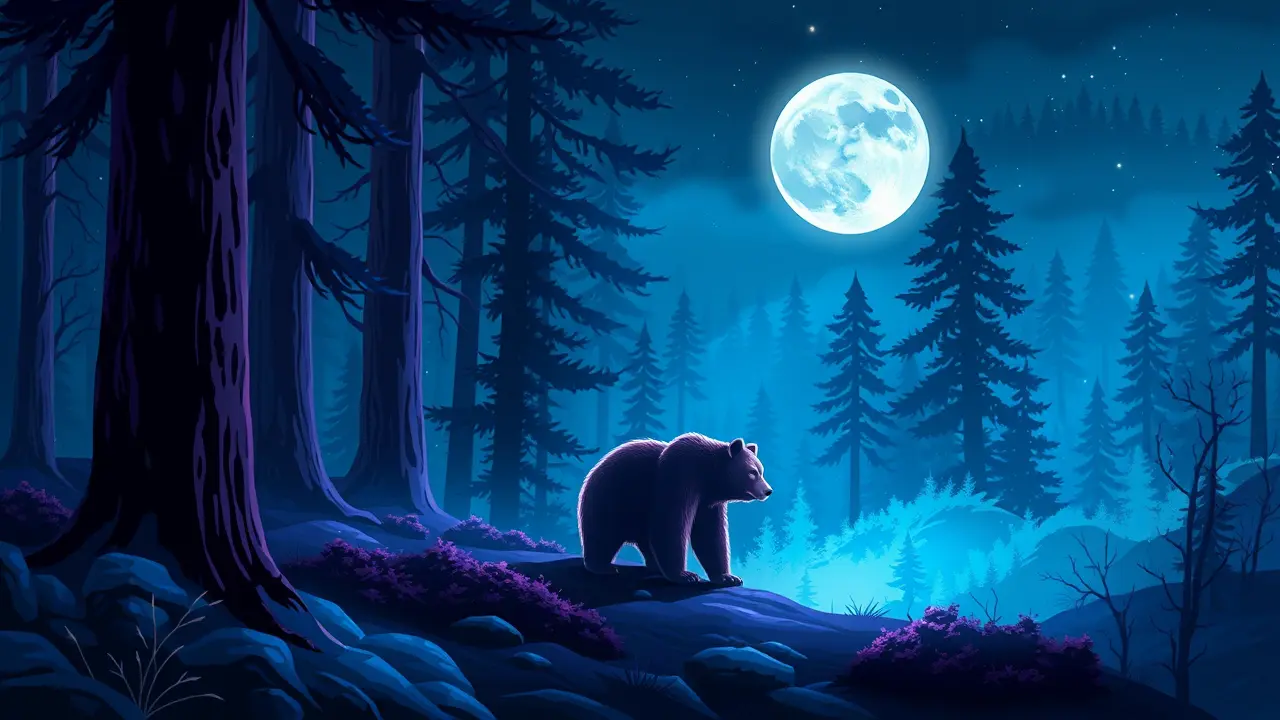Japan Relaxes Shooting Rules to Curb Rising Bear Attacks
The forests of northern Japan, long a symbol of the nation's harmonious coexistence with nature, are now the stage for a grim and escalating conflict, forcing a reluctant government to relax rules on emergency shootings in populated areas as a surge in bear attacks leaves six people dead, a tragic figure that matches a record set just the previous year. This isn't merely a statistic; it's a symptom of a deeper ecological unraveling, a story I’ve watched unfold with the same dread I feel when reading reports on coral bleaching or deforestation in the Amazon.The data from the Ministry of the Environment paints a stark picture: from April onward, a dramatic increase in encounters, with bears, typically reclusive creatures of the deep woods, venturing into suburban backyards, school routes, and farmlands in search of food. The core of this crisis lies in a disrupted food chain; a combination of poor acorn and beechnut harvests in the mountainous regions—a direct consequence of increasingly erratic weather patterns linked to climate change—has left the omnivorous Asian black bear and the larger Ussuri brown bear with barren pantries, driving them into human territory out of sheer desperation.This desperate migration creates a terrifying paradox for local municipalities, which are now tasked with securing hunters skilled enough to respond to these emergencies without inadvertently putting residents at risk from stray gunfire in densely populated areas, a logistical and ethical nightmare that echoes challenges faced by wildlife managers in North America and Europe dealing with resurgent wolf and cougar populations. The historical context is crucial; Japan has a centuries-old tradition of *matagi* hunters, who operated with a spiritual reverence for the bear, hunting only what was necessary and using every part of the animal, a sustainable practice that has been largely lost to modernization and a rapidly aging rural population.Today, the number of licensed hunters has plummeted, creating a vacuum of expertise just when it is most critically needed. The government’s new directive, while a necessary short-term measure for public safety, feels like treating a fever without addressing the infection, a reactive policy that fails to confront the underlying causes.Experts from Hokkaido University’s research center on bears warn that culling alone is a stopgap; long-term solutions must involve comprehensive habitat management, including the restoration of natural food sources and the creation of clearer buffer zones between wilderness and human settlements. Furthermore, public education campaigns are paramount, teaching communities how to secure garbage—a powerful attractant—and recognize bear signs to avoid surprise encounters.The emotional toll on these communities is immense, transforming the serene act of foraging for wild mushrooms or a quiet walk home into an activity fraught with fear. The situation in Japan serves as a potent, sobering microcosm of a global phenomenon, where human expansion and climate change are violently rewriting the rules of engagement with the natural world.The sight of a bear wandering through a convenience store parking lot, captured on security cameras and broadcast nationwide, is more than a viral clip; it is a desperate plea from a disrupted ecosystem, a warning that our encroachment has consequences that can no longer be ignored. The question is no longer if we can control the bears, but whether we can manage our own impact on the fragile web of life we all share.
It’s quiet here...Start the conversation by leaving the first comment.
© 2025 Outpoll Service LTD. All rights reserved.
